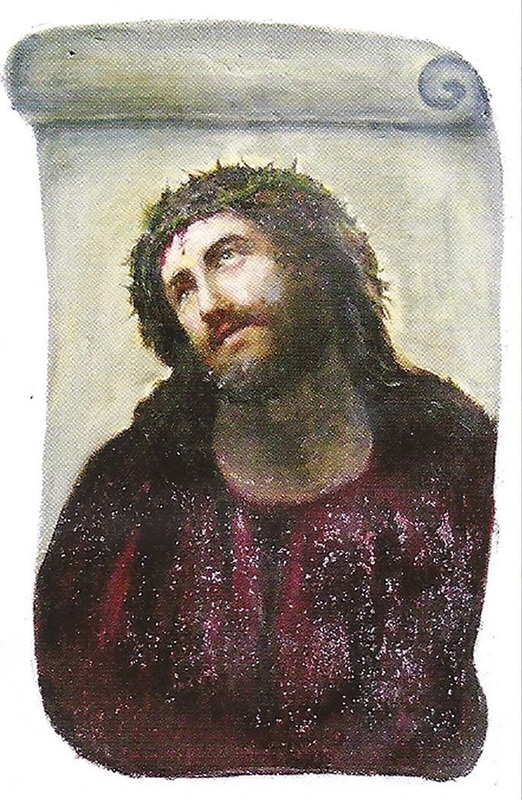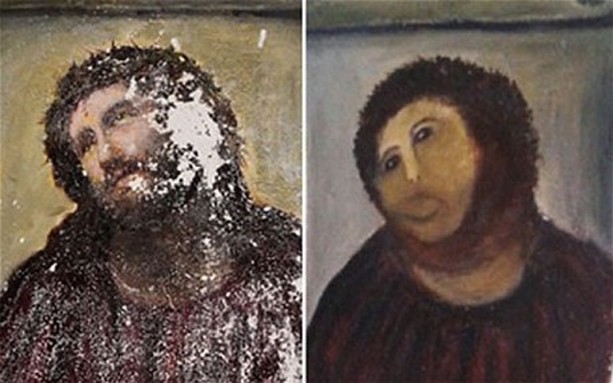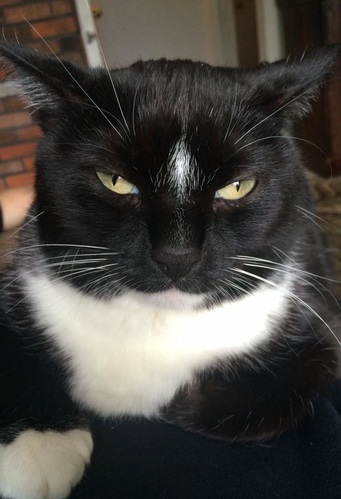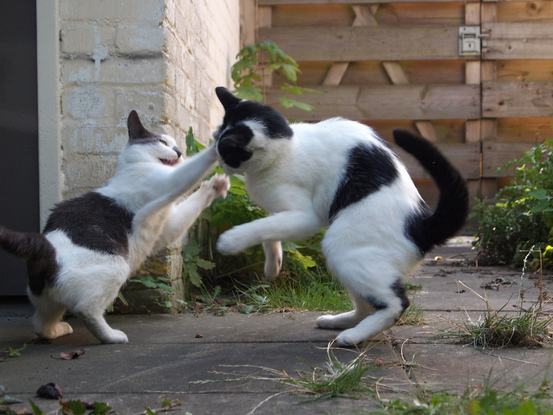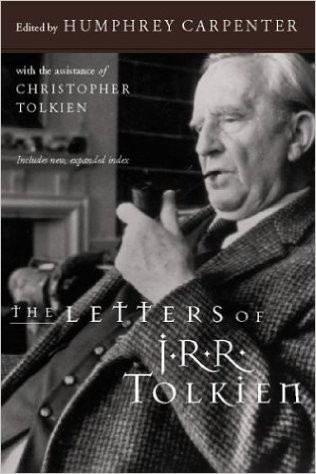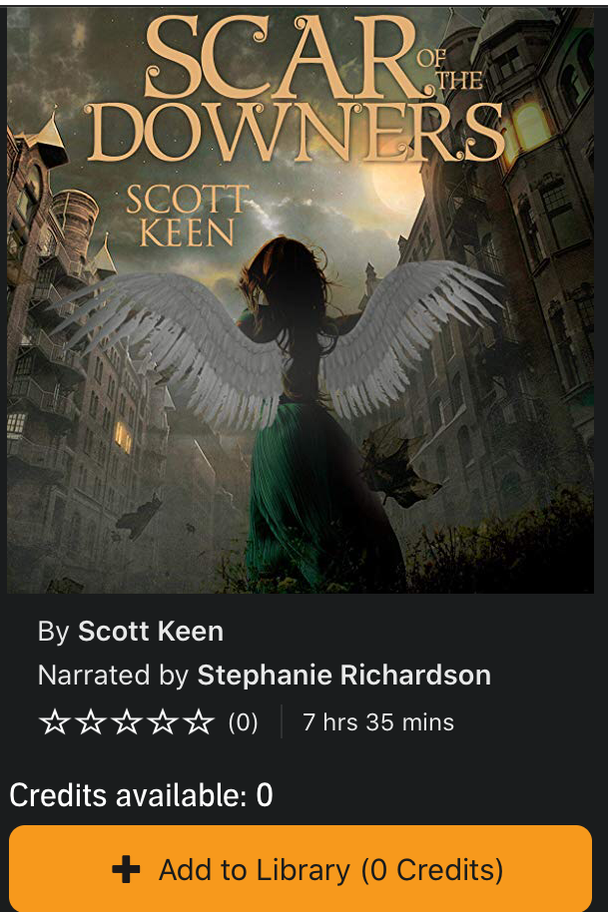|
Over the past few weeks I've been editing Rise of the Branded, the second book in my Scar of the Downer series. At times, it has been very frustrating. I hate the feeling that everything I write is poorly written. So, as I have been thinking about this, I thought about a blog post I wrote a couple of years ago. The funny thing is that while I was rereading the post, I realized my opinions and struggles have not changed in the past two years, even after being published. One, I could edit my books for the rest of my life and I don’t think I’ll ever be satisfied with them... completely. I feel as though I can always add something more, something deeper, something different. If I spend too much time thinking about it, it can be a depressing thought. That, however, is not what I wanted to write about, though it is somewhat related. This was my second thought and my main point. In Spain, there is a fresco called Ecce Homo (Behold the Man) painted by Elias Garcia Martinez that was in need of restoration Now, this picture of the painting was before the needed restoration. So a woman in her 80s, who had some painting experience, took it upon herself to restore the fresco. Well, needless to say, she botched it. It is now jokingly referred to as Ecce Mono (Behold the Monkey). You can see the drastic difference (at least I hope you can.) So what is the point of this blog post? As a writer, all the stories I have in my head look like Ecce Homo. I know what the story is and what it looks like, but when I try to put the words to paper, I sometimes feel all I get is Ecce Mono. The two don't measure up. This, as you can imagine, is a very frustrating. I can visualize the story, the characters, and the world, but getting it to look like the original is where the problem comes. It’s kind of like being a forger of paintings. You have a masterpiece that you are trying imitate, but because of your limitations, it appears as a cheap copy. (And yes, I did refer to the idea in my head as a masterpiece. Who would write something that they thought was mediocre? The problem I have, however, is the putting the idea down on paper. That's where my limitations hinder me.) Anyway, back to the blog post. So what do I, as a writer, do? Well, I do what every writer does. I write and edit, write and edit, write and edit, hoping that in the end I can’t tell the difference between what is on paper from what is in my head. And maybe, just maybe, I can end up with a resemblance of my Ecce Homo.
1 Comment
We have a cat! This is what he looks like. Not too happy, right? Anyway, I bring him up because I've watched him interact with other cats, and I've come to this conclusion. Writers are a lot like cats. Both are creatures completely skeptical of their own kind. Upon meeting, they could get along perfectly well or they could end up in a hissing match and claw one another’s eyes out. Why is that? Well, namely because writers are full of two things, and one of them is opinions. And they will not hesitate to share those opinions (along with everyone else who reads your work). That can usually end up like this down below. For some reason, there is an innate desire within a writer to tell other writers how he or she could have written it differently, which, of course, in their mind means better. And yes, this applies to me as well. To rid yourself of that impulse, you must first recognize it within yourself. Honesty is the first step in recovery. However, sometimes these opinions (or critiques) can be contradictory, depending on who is reading your work. So how does a writer navigate through the many contradictive critiques with which he or she will be “blessed”? Here are a few rules I have developed for myself concerning critiques over the past few years. Always listen to what others say. You never want to pass on good advice or critiques. So if one comes along, you should pick it up and incorporate it. Just because your characters think you know everything, doesn’t mean you do. If you simply ignore a critique without evaluating it, you could lose out on making your story even better. Don’t feel as if you have to accept everything others say. No one knows the story better than you do, and as soon as others dictate your writing, it ceases to be yours. You might as well hand the story over to them. You must never give up the confidence to choose what is right for your story. If you do, how can your characters trust you to build their world, to help them through the trials they are about to face. In the end, the story is yours. Remember that! Never accept the advice of anyone who begins a sentence with “I would’ve done it this way...” You want the critique to be about your story, not about the other writer. People who offer critiques that way value their opinion more than they value your story. It is hard for me to trust anyone who comes across so arrogantly. What I have found in life is this: Those who are harshest with their criticism are usually the ones who are most sensitive when it comes to their own work. In the end, you don’t have to accept any of this. It may be right; it may be wrong. After all, I’m merely a writer.
Creativity is a craft. No matter how much we would like it to be a naturally occurring trait, it often involves hard work and dedication. And it is never easy. It is a muscle, if you will, that needs to be exercised. If it isn't, it is in danger of atrophy. I have had conversations with people who say that they're not that creative. I would wholeheartedly disagree. Being creative doesn't mean ideas pop out of you at a whim or on command. (I wish it were so). Usually, it involves a lot of pen to paper, and many discarded ideas before you come up with something that someone might describe as creative. I was rereading a book, The Letters of J.R.R. Tolkien, and I came across a letter he had written on 18 February 1938 to Stanley Unwin. In it, he commented on the difficulty he was having while writing his new novel. I squandered so much on the original 'Hobbit' (which was not meant to have a sequel) that it is difficult to find anything new in that world. That sequel was obviously The Lord of the Rings. Now imagine if Tolkien stopped working on his "sequel" because he thought the idea (or his creativity) had been exhausted. Imagine if he gave up before he discovered anything "new" in that world. We would have missed out on one of the greatest works of the twentieth century. I am trying to instill this idea in my daughters. I gave her an assignment a few years ago when she was nine-years old to sit outside and, using your five senses, tell me what you experienced. This is what she wrote: So Katie was outside, and she saw the beautiful colored leafs blowing in the chilly air. She felt the cold wind blowing against her, and her hair was wild cause of the breeze. She heard crickets chirping. They sounded like a flute with a random rhythm. She smelled a beautiful fall scent, and after that, she tasted a sweet taste of hot cocoa. I thought it was a great paragraph! I asked her what she could have used instead of "colored" leaves, and she knew the answer - the actual colors.
Creativity involves work and rework, writing and editing, drawing and erasing. So, if you have an idea in your head that says you're not that creative, throw it out until you come up with a better one. |
AudiobookArchives
February 2021
Categories
All
|
